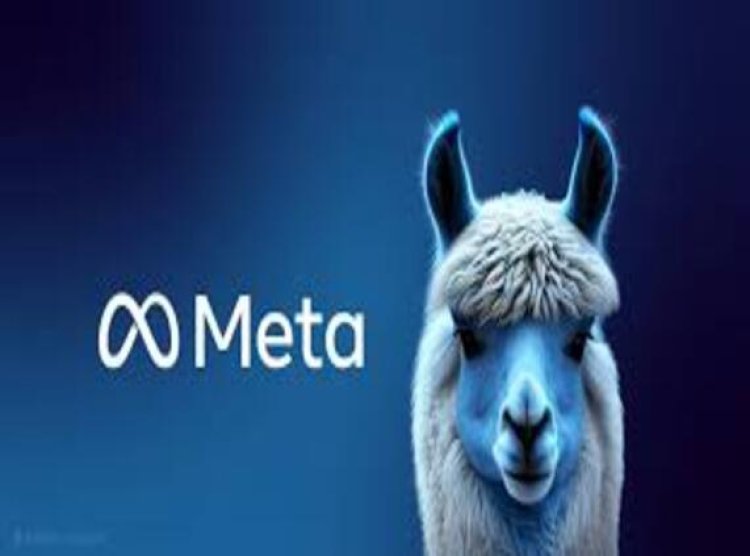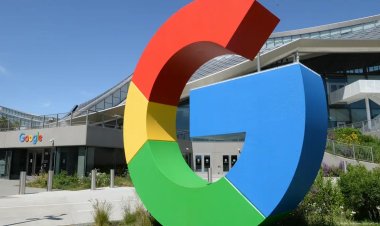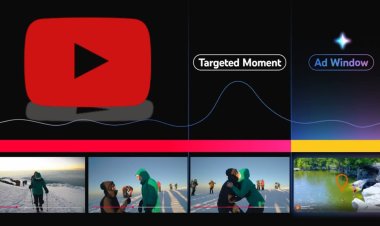Meta's Llama 3.1 Poised to Challenge AI Giants with Open-Source Innovation
Meta's latest release, Llama 3.1, is an open-source AI model that rivals OpenAI’s ChatGPT-4 and Google’s Gemini 2 in performance and capabilities

In the ongoing battle of tech titans, Meta has made a bold move to challenge the dominance of OpenAI and Google in the AI sector. While these competitors have largely driven the conversation with their advanced but occasionally glitchy Large Language Models and chatbots, Meta was seen as lagging behind. However, with the launch of Llama 3.1, the latest in its open-source model family, and the groundbreaking 405B model, Meta aims to shift the narrative.
The newly released Llama 3.1, including its 405B model—the first-ever open-sourced frontier AI model—poses a significant challenge to established players like OpenAI’s ChatGPT-4 and Google’s Gemini 2. Meta's initiative marks a major leap forward in open-source AI technology, potentially altering the competitive landscape.
View this post on Instagram
In an open letter accompanying the announcement, Meta founder and CEO Mark Zuckerberg emphasized the significance of this development. “Today we’re taking the next steps towards open-source AI becoming the industry standard,” Zuckerberg stated. “We’re releasing Llama 3.1 405B, the first frontier-level open-source AI model, along with enhanced Llama 3.1 70B and 8B models. These models not only offer superior cost/performance compared to closed models but also set a new benchmark for fine-tuning and creating smaller models.”
Open-source AI refers to technology that is publicly available for both commercial and non-commercial use under various licenses. It includes datasets, prebuilt algorithms, and interfaces that facilitate AI application development. Unlike closed-source models, which restrict access to their source code, Llama 3.1's open-source nature allows users to build upon and modify the technology.
Experts believe that Llama 3.1 could pose a significant threat to the dominance of ChatGPT-4 and Gemini 2. Initial tests suggest that Llama 3.1 matches or even exceeds the performance of these leading models. Its open-source and high-performance attributes make it a potential game-changer, offering developers and tech enthusiasts unprecedented opportunities to innovate across various industries, including advertising and marketing.
Zuckerberg further highlighted Meta's commitment to expanding the ecosystem surrounding Llama 3.1. “Beyond releasing these models, we’re collaborating with a range of companies to grow the broader ecosystem,” he noted. “Amazon, Databricks, and NVIDIA are launching services to support developers in fine-tuning and distilling their own models. Innovators like Groq are providing low-latency, low-cost inference services, and the models will be available on major clouds such as AWS, Azure, Google, and Oracle. Companies like Scale.AI, Dell, and Deloitte are also ready to assist enterprises in adopting Llama and training custom models with their data.”
As the open-source AI community expands and more companies develop new services, Meta aims to establish Llama 3.1 as the industry standard, making the benefits of advanced AI accessible to a broader audience.

 Sumit Rawat
Sumit Rawat 










